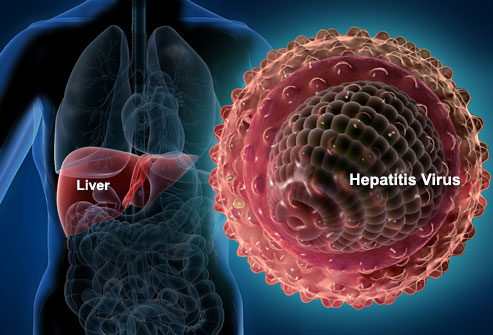
For those suffering from Hepatitis especially B type of hepatitis, University College Hospital might be not a best place for you because booking for appointment to see a doctor might take up to six months or more.
Investigations by TheDispatch revealed that patients who are referred to Medical-Out-Patients (M.O.P) clinic from other hospitals will have to first of all wait on a long queue to write name after which the names are called one after another.
Further investigations revealed that after the name of the patient is eventually called, a nurse will then direct the patient to write his or her number on top of the referral letter and also to go outside and make two photocopies of the letter.
After making the photocopies; the nurse will collect the original referral letter and tell the patient to come back at 4pm of that day or the following day.
The nurse will also instruct the patient to drop one the photocopies with another staff member who handles the computer.
Further findings revealed that most patients who are suffering from Hepatitis B will receive the shock of their lives when they come by 4pm, hoping to be attended to by a doctor.
The patient according to investigation would then be asked to produce the photocopy he made earlier.
The photocopy will then be used to trace the original referral letter earlier submitted and which the consultant physician at UCH, must have attended to.
At this point, patient might be asked to see a doctor in the next six months or more.
For example if you are referred to M.O.P clinic in UCH in February 2020, you might be given a date to come and see a doctor in the month of August or September 2020.
Hepatitis B is a virus infection of the liver. It can cause scarring of the organ, liver failure, and cancer.
Hepatitis B, C and D usually occur as a result of parenteral contact with infected body fluids. Common modes of transmission for these viruses include receipt of contaminated blood or blood products, invasive medical procedures using contaminated equipment and for hepatitis B transmission from mother to baby at birth, from family member to child, and also by sexual contact.
It can be fatal if it isn’t treated.
